In August 2019, a prominent official delivered an unusual argument to a room of global central bankers gathered in Wyoming: the U.S. dollar should be knocked off its perch atop the global financial system.
“In the longer term, we need to change the game,” this man said at the Federal Reserve’s annual conference in Jackson Hole, in a lodge overlooking Grand Teton National Park. “Risks are building, and they are structural.”
He argued that other countries are whipsawed by developments in the U.S. economy, even if they have few direct ties to the U.S., because of the dominant role of the dollar. “Blithe acceptance of the status quo is misguided,” he said, in remarks that raised eyebrows among the global elites in attendance.
The central banker giving that message to some of the dollar’s most important guardians: Mark Carney, at the time the head of the Bank of England. Now, he is prime minister of Canada.
These days, Carney is facing down American hegemony much more directly, as his native country navigates President Donald Trump’s trade war. As he aims to secure a longer-term mandate from the Canadian people to serve as their leader — the country votes in a national election Monday — a key part of his message is that Trump is “rupturing the global economy.”
“There is no going back,” Carney said on the campaign trail recently. “We in Canada will have to build a new relationship with the United States.”
Carney is emerging as a central figure in the global response to Trump’s tariffs, and he might seem like an unlikely one. A Harvard and Oxford-educated economist, he’s best known as the only person to have run two different central banks — hardly the most thrilling or relatable pitch for a political campaign. He has never held elected office.
But Carney’s unusual background — including that lunchtime speech in Jackson Hole — has elements that now seem quietly relevant.
For one, he’s already had quite a bit of political experience on the global stage — and not just because of his prominent role as the Bank of England’s governor.
For seven years, he ran an obscure but prestigious international body known as the Financial Stability Board, which has a mandate from the heads of the Group of 20 countries — which represents the most powerful economies in the world — to develop global regulatory standards for the financial system.
In that role, he had face time with not only central bankers and finance ministers but also presidents, attending events with the same diplomatic status as the secretary general of the United Nations. People who worked with him as a central banker describe him as strategic and cerebral, with an instinct for working the room — if perhaps not voters on the rope line.
Pierre Moscovici, who served as finance minister in France and then as the economic commissioner for the European Union from 2014 to 2019, told me he found Carney to be unusually interested in politics for a central banker.
“I know [former Fed chair] Janet Yellen very well, and I know [Fed Chair] Jay Powell,” Moscovici said. “When you talk with them, they will stick to their job, they will refuse to discuss something else. That’s the ordinary portrait of a central banker. That’s not Mark Carney.”
Randal Quarles, a former vice chair of the Fed who succeeded Carney as head of the FSB, said Carney had a gift for advancing policy through careful, persistent argument.
“He was not merely a diplomat in the sense that, ‘Oh, he made friends with everybody,’” Quarles told me. “He was a diplomat in the sense that he had strategic objectives that he was quite disciplined in following.”
At the FSB, Carney successfully worked to push forward global standards around how to unwind large financial firms that had become insolvent — a key part of the regulatory agenda in the wake of the 2008 financial crisis, when teetering “too big to fail” institutions threatened the global financial system.
That experience could serve him well as he aims to steer Canada’s heavily regional politics, where provincial leaders have made historically unusual moves to work together to reduce barriers to trade internally, in hopes of combating a different kind of crisis: Trump.
“He could put germs of ideas out. He knew how to get them on the table without eliciting an immediate backlash most of the time,” said one person who worked with Carney at the FSB. “He knew the right pace for things. When to push fast, when to ease up a little bit.”
“I don’t know that everyone finds him collegial,” the person said, hinting that Carney has a bit of an edge. “I found him collegial.”
Not all of his efforts worked out.
He faced tensions with the more technical organizations that work alongside the FSB: the Basel Committee for Banking Supervision, which is made up of bank regulators, and the International Organization of Securities Commissions, which has jurisdiction over financial markets. In one case that spilled out into public, Carney was not able to push forward standards to more stringently regulate big asset managers like BlackRock and Fidelity.
The IOSCO head in 2015, an Australian named Greg Medcraft, pushed back on those efforts, arguing that risk-taking is “what markets are about.” The standards Carney sought never came together.
He also made a concerted push around addressing issues related to climate change, but never fully succeeded in putting that on the agenda for financial regulators, with G20 leaders choosing to focus their climate efforts in other forums.
The upshot: smarts and diplomatic skill aren’t always enough to pull off wins if the political will isn’t there.
Carney seemed to invoke his FSB experience at least once. He noted on the day he was sworn in that he’d worked with Trump during his first term in the context of the G20, as part of a larger point about how he could find common ground with the U.S. president.
In his pitch to voters, Carney’s argument is that he is battle-tested. He led the Bank of Canada through the 2008 financial crisis and its aftermath, and then as the United Kingdom’s top central banker, he guided the British economy through its divorce from the European Union.
“I know how to manage crises,” he said in a debate in February, ahead of his selection as the head of his party. “In a situation like this, you need experience in terms of crisis management, you need negotiating skills.”
But managing an emergency is different from building political support for major policy change. If his Liberal Party is elected Monday, he has an enormous job ahead of him, pledging not just to thwart Trump but also to make Canada the most dynamic economy in the G7.
To be sure, he’s shown an ability to come up with creative ideas. Carney’s solution for how to replace the dollar was imaginative but a little pie-in-the-sky: a synthetic token tied to a basket of central bank-issued currencies — something that would require a massive amount of buy-in from innumerable players to become the reserve currency.
“It was a very ambitious speech I would say, David, for a lunchtime audience at Jackson Hole, when all everyone really wanted to do was to go hiking,” Carney told host David Beckworth on the podcast Macro Musings in 2021 of the remarks he’d given in the waning days of his time at the Bank of England.
If Carney stays prime minister, he’ll have to do more than float ambitious ideas. He’ll have to deliver on them for voters who are impatient for economic solutions.
.png)
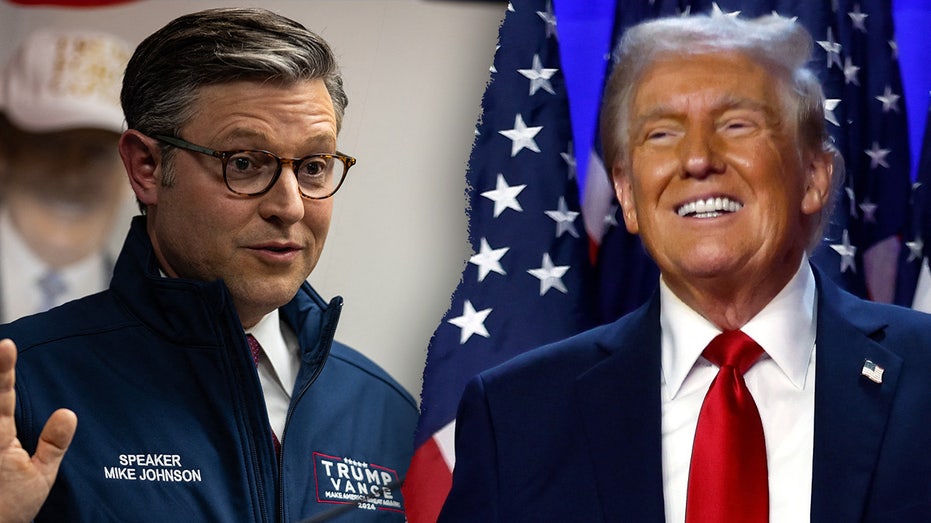
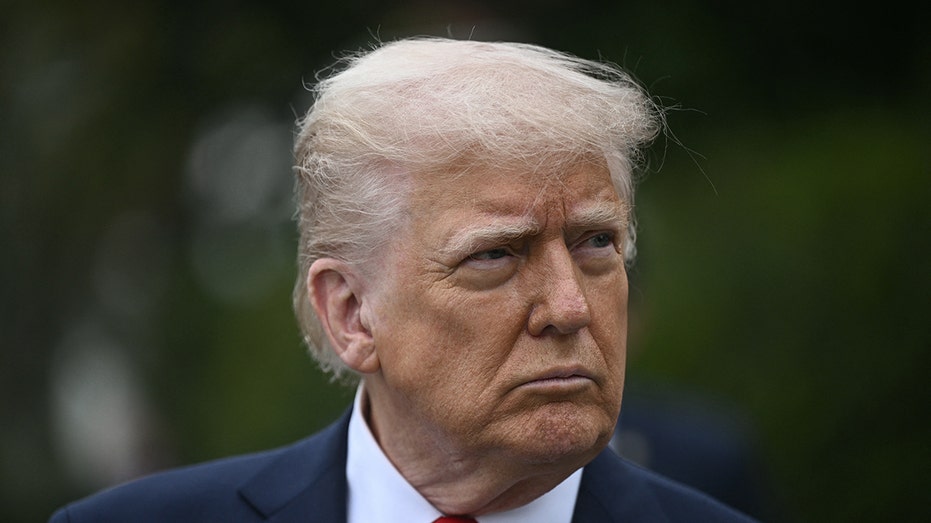
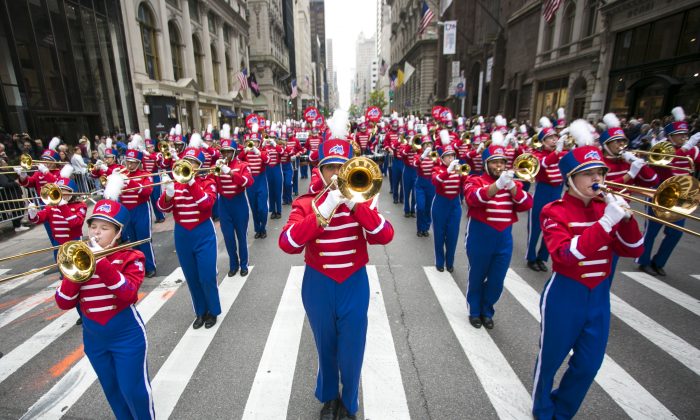
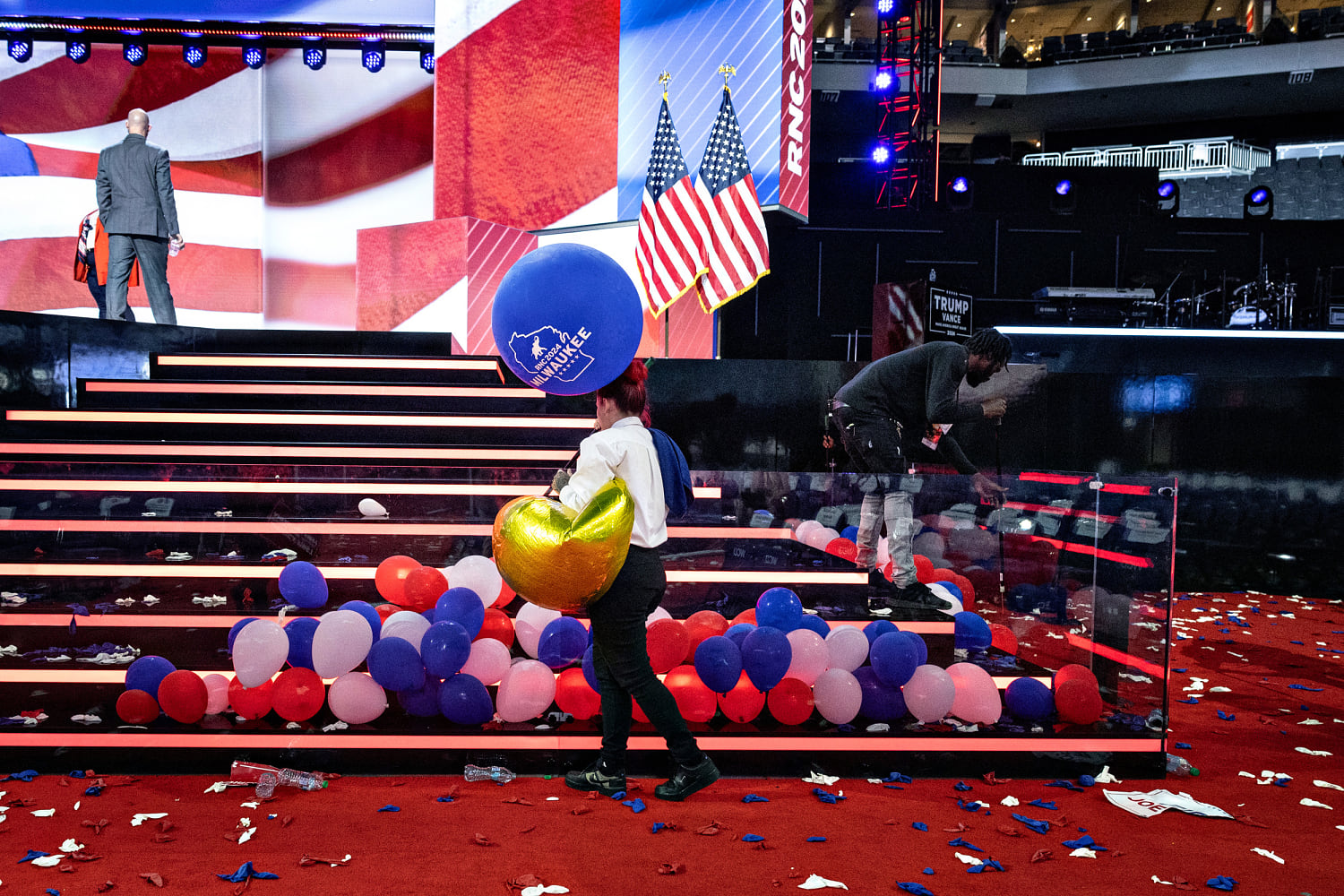
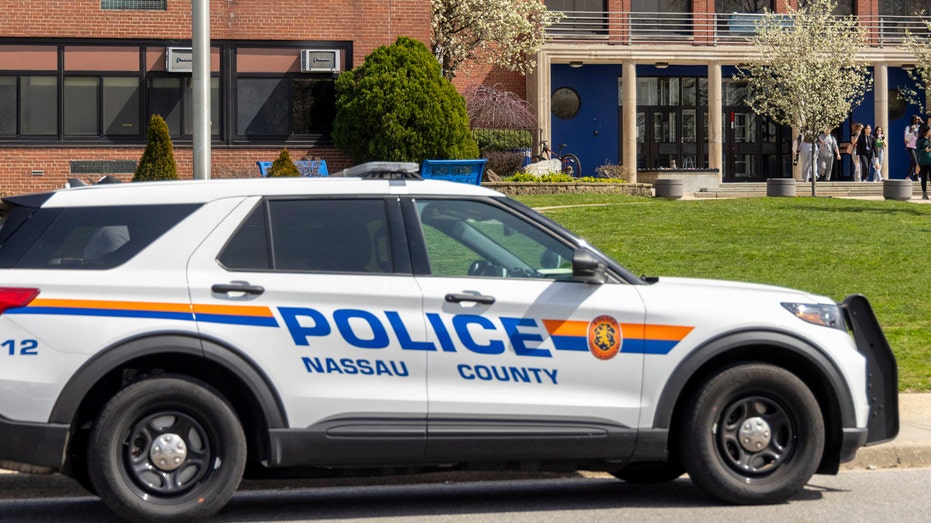
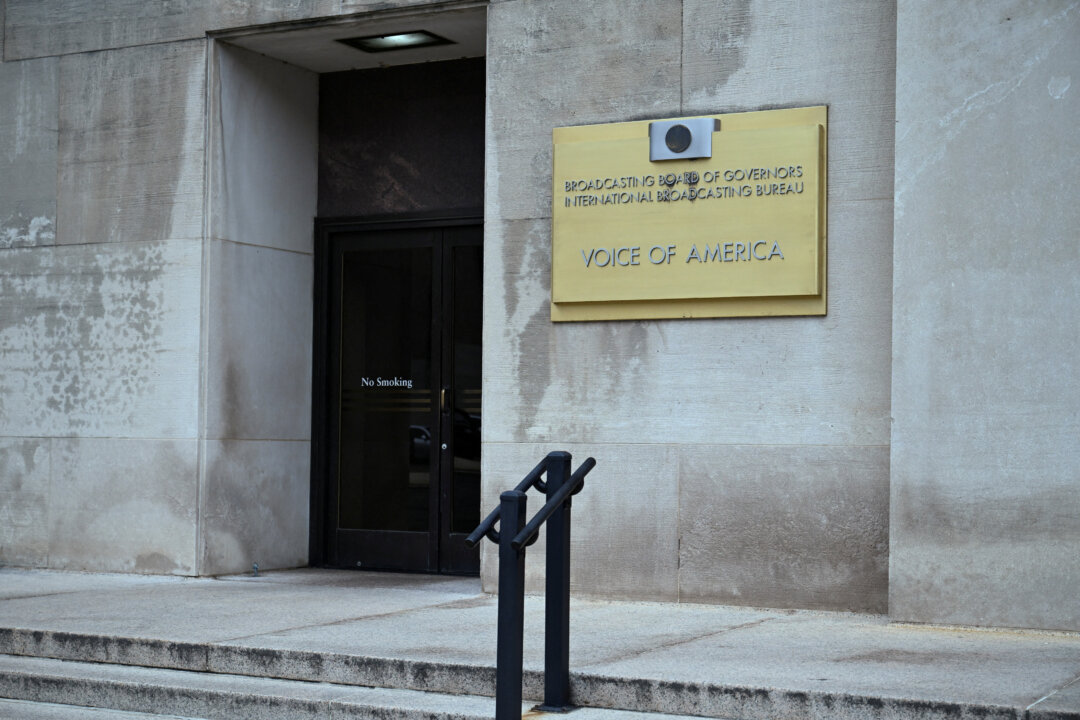

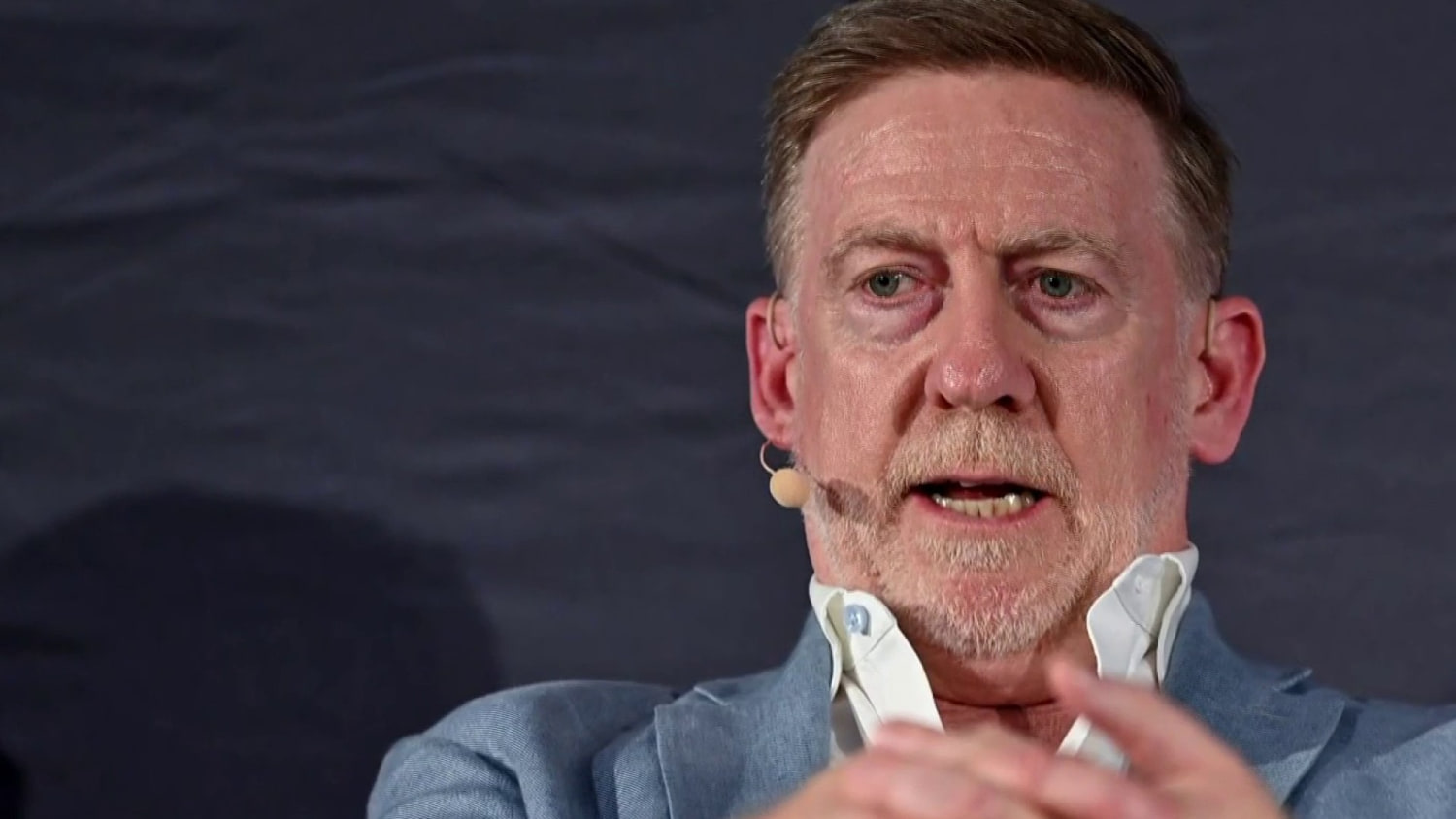
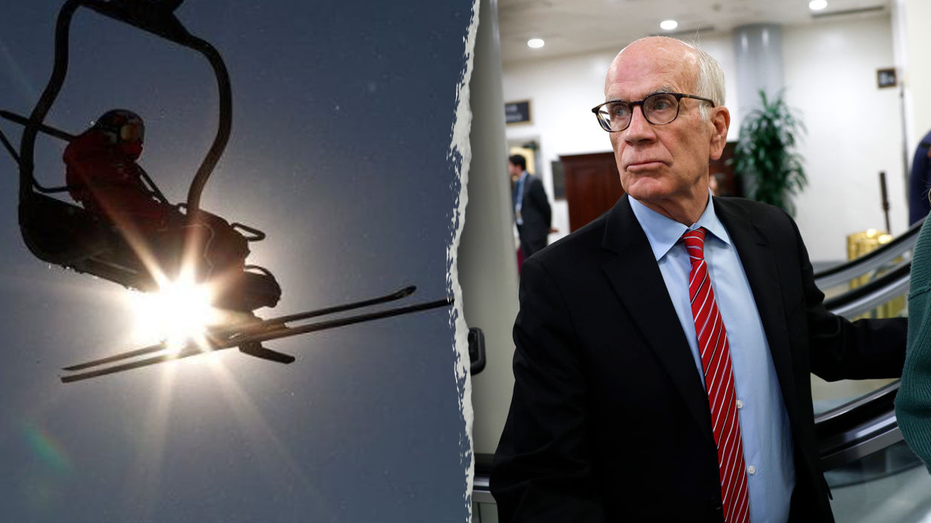
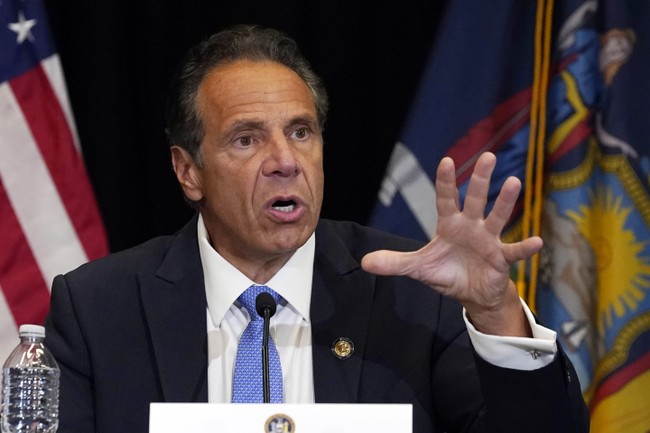


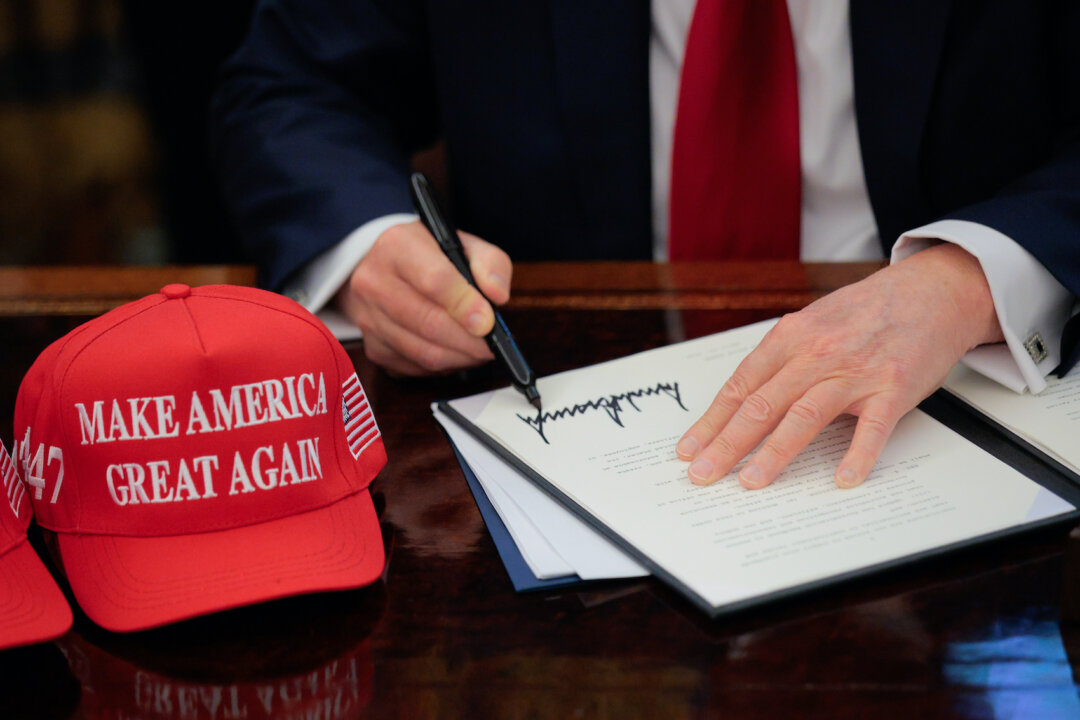

 English (US)
English (US)